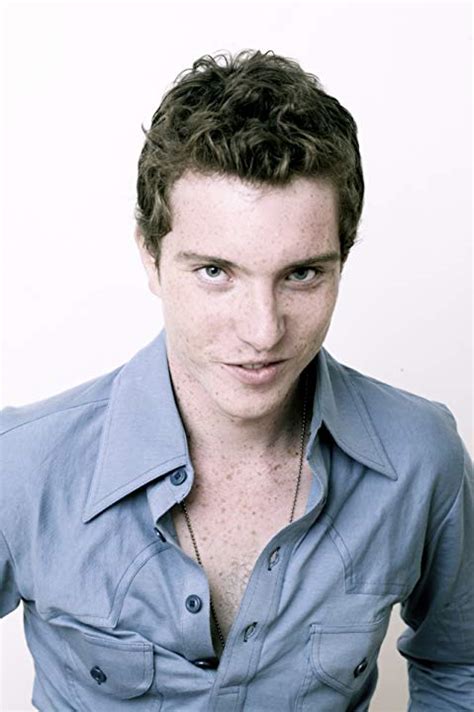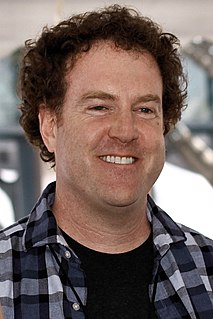A Quote by Jeanette Winterson
I choose this story above all others because it's a story I'm struggling to end.
Related Quotes
Too many writers think that all you need to do is write well-but that's only part of what a good book is. Above all, a good book tells a good story. Focus on the story first. Ask yourself, 'Will other people find this story so interesting that they will tell others about it?' Remember: A bestselling book usually follows a simple rule, 'It's a wonderful story, wonderfully told'; not, 'It's a wonderfully told story.'
It's only a story, you say. So it is, and the rest of life with it - creation story, love story, horror, crime, the strange story of you and I. The alphabet of my DNA shapes certain words, but the story is not told. I have to tell it myself. What is it that I have to tell myself again and again? That there is always a new beginning, a different end. I can change the story. I am the story. Begin.
Philip Galanes makes his debut with a novel that is both heartbreaking and deftly comic, the story of a young man struggling with his most primitive desires--wanting and needing. It is a novel about the complex relationships between parents and children, a story of loss and of our unrelenting need for acknowledgment, to be seen as who we are. And in the end it is simply a love story for our time.
If the point of life is the same as the point of a story, the point of life is character transformation. If I got any comfort as I set out on my first story, it was that in nearly every story, the protagonist is transformed. He's a jerk at the beginning and nice at the end, or a coward at the beginning and brave at the end. If the character doesn't change, the story hasn't happened yet. And if story is derived from real life, if story is just condensed version of life then life itself may be designed to change us so that we evolve from one kind of person to another.
I think that people have to have a story. When you tell a story, most people are not good storytellers because they think it's about them. You have to make your story, whatever story it is you're telling, their story. So you have to get good at telling a story so they can identify themselves in your story.
In the end, this is a difficult story to sum up. The making of the atomic bomb is one of history's most amazing examples of teamwork and genius and poise under pressure. But it's also the story of how humans created a weapon capable of wiping our species off the planet. It's a story with no end in sight.
And, like it or not, you're in it.
When you do these things, you sort of take the journey. The journey is all about how I can interweave the Oscar Wilde story, the story of Salome, the play itself and what it is, what it contains, and my journey as an actor, as a director, as a filmmaker, as a person struggling with whatever I'm struggling with - my own celebrity, my own life. This is semi-autobiographical in terms of my commitment to this kind of thing.





































